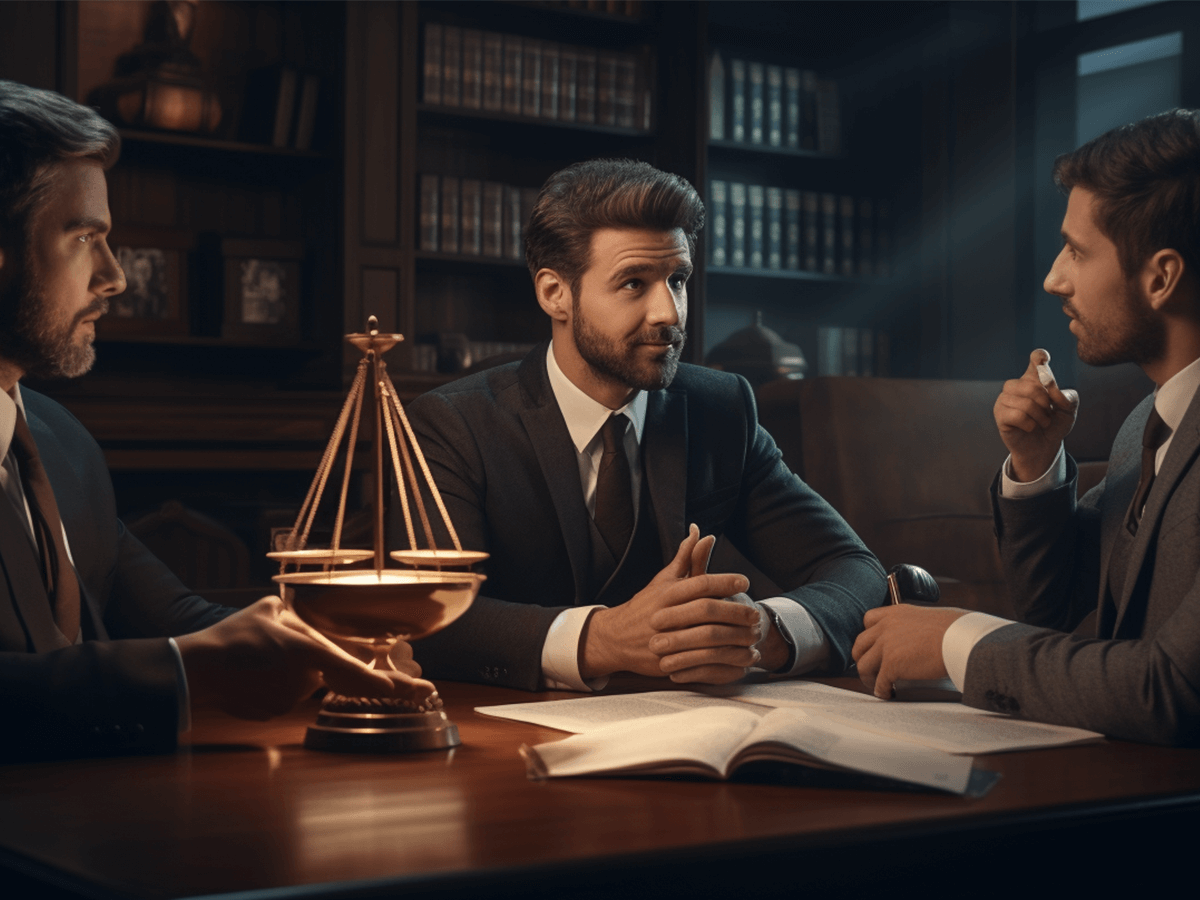Identifying Robust Legal Cases Through Strategic Questioning

Welcome to this exploration of a fundamental aspect in the realm of law—identifying strong legal cases. In this insightful discourse, we will delve into the intricacies of effectively navigating the initial client consultation process through the power of asking the right questions. Beyond mere surface-level interactions, we'll uncover the depths of this crucial endeavor, highlighting the profound impact of meticulous examination of facts, evidence, and circumstances.
Prepare to embark on a journey where astute communication skills and curiosity reveal hidden dimensions that fortify legal arguments. With these strategies, you can help grow your legal practice, built on a foundation of qualified leads and solid cases.
The Significance of Strategic Inquiry
To comprehend the true essence of identifying strong legal cases, we must first recognize the pivotal role of strategic questioning. The essence lies not merely in asking questions, but also in producing inquiries that strategically illuminate the case's facets.
Through targeted and thought-provoking questions, attorneys can gain a thorough understanding of the legal landscape, facilitating a nuanced evaluation of its strengths and weaknesses. A cornerstone of this process is the multifaceted approach that involves unearthing overt evidence and anticipating potential counterarguments. This fosters a well-rounded assessment that bolsters any attorney's position.
Primary Factors for a Thorough Evaluation
Within the realm of identifying robust legal cases, certain core factors demand meticulous consideration:
- The Crucial Nature of Clear Goals: Embarking on the journey of assessing a case necessitates a clear roadmap. Anchoring the initial consultation with well-defined goals aligns subsequent inquiries and facilitates the identification of inherent strengths and vulnerabilities.
- Diving Deep into the Facts: The cornerstone of any strong case is thoroughly exploring its factual underpinnings. This involves meticulously reviewing pertinent documents, in-depth interviews, and procuring additional evidence that weaves a more formidable foundation.
- Assessing the Evidentiary Landscape: The effectiveness of a case is intrinsically linked to the quality and credibility of its evidence. Meticulously scrutinizing the available evidence and weighing its relevance helps attorneys formulate a pivotal dimension of the evaluation process.
The Strategic Interrogation: A Symphony of Skill
The mastery of strategic questioning stands as an indispensable skill for every attorney. Let us delve into critical areas that form the bedrock of this symphony:
- Unveiling Key Players: There’s immense importance in identifying all pertinent individuals within a case. By comprehensively understanding the key players, attorneys can derive insights from multiple perspectives, dissecting roles and appraising potential impacts.
- Exploring Motives and Intentions: Delving into the motivations and intentions underlying the actions of involved parties offers a trove of invaluable insights. This deeper comprehension is a guiding light in assessing the case's inherent strengths and vulnerabilities.
- Unmasking Potential Bias: The quest for objectivity drives the exploration of potential biases or conflicts of interest. By delving into the backgrounds and relationships of individuals, attorneys can better identify and address biases that might sway the course of the case.
- Crucial Credibility: The credibility of witnesses and clients is a cornerstone of any case. Skillful questioning that gauges reliability and truthfulness unveils the integrity underpinning the legal argument's overall strength.
Unveiling the Dichotomy: Strengths and Weaknesses
A holistic evaluation mandates the recognition of both strengths and weaknesses. Navigating this dichotomy involves several strategic steps:
- Laying the Cornerstone: The bedrock of a strong case crystallizes by scrutinizing facts and evidence. Constructing a coherent narrative, fortified by corroborative evidence aligned with legal arguments, paves the way.
- Illuminating the Weak Points: Acknowledging and dissecting weaknesses within a case is equally vital. By confronting vulnerabilities head-on, attorneys can devise strategies to mitigate future negative impacts.
- Build an Arsenal of Counterarguments: Anticipating opposing counsel's strategies is a tactical imperative. Attorneys can bolster their position by preemptively addressing conceivable counterarguments and forging a more fortified legal arsenal.
Beyond the Surface: A Holistic Approach
The secrets to identifying robust legal cases extend far beyond cursory examinations. A tapestry of skills and insights forms the bedrock of this endeavor:
- Harmonizing with Ethical Considerations: The pursuit of strategic questioning must find balance with ethical considerations. Ensuring the respect of legal and moral boundaries amplifies the importance of this process.
- Integration of Technological Allies: In the contemporary legal landscape, the infusion of technology into the process of identifying strong cases augments your efficiency. Case management software and AI tools are invaluable allies in streamlining and enhancing the evaluation process.
- Orchestrating Client Collaboration: Collaboration with experts, such as medical professionals in personal injury cases, extends the attorney's arsenal. Expert insights seamlessly intertwine with the strategic questioning process, enriching the assessment.
Closing Thoughts
The capacity to master the art of strategic questioning during the initial client consultation stands as a pinnacle in the pursuit of identifying potent legal cases. Delving deeper, embracing multifaceted angles, and subjecting evidence to rigorous scrutiny converge in a symphony that reverberates with enhanced legal prowess.
Seek to skillfully wield questioning skills, nurture active listening, and cultivate an environment where clients freely share their stories. That way, you will harvest essential information and elevate the overall assessment of case strength. Thus, as you embark on each new legal endeavor, remember that the quest for success begins with the mastery of asking the right questions—an art that illuminates the path to legal triumph.




%20(1).png?width=349&height=218&name=The%20Art%20of%20Vetting%20Clients_%20How%20to%20Ensure%20You%20Only%20Work%20with%20the%20Best%20(1)%20(1).png)

